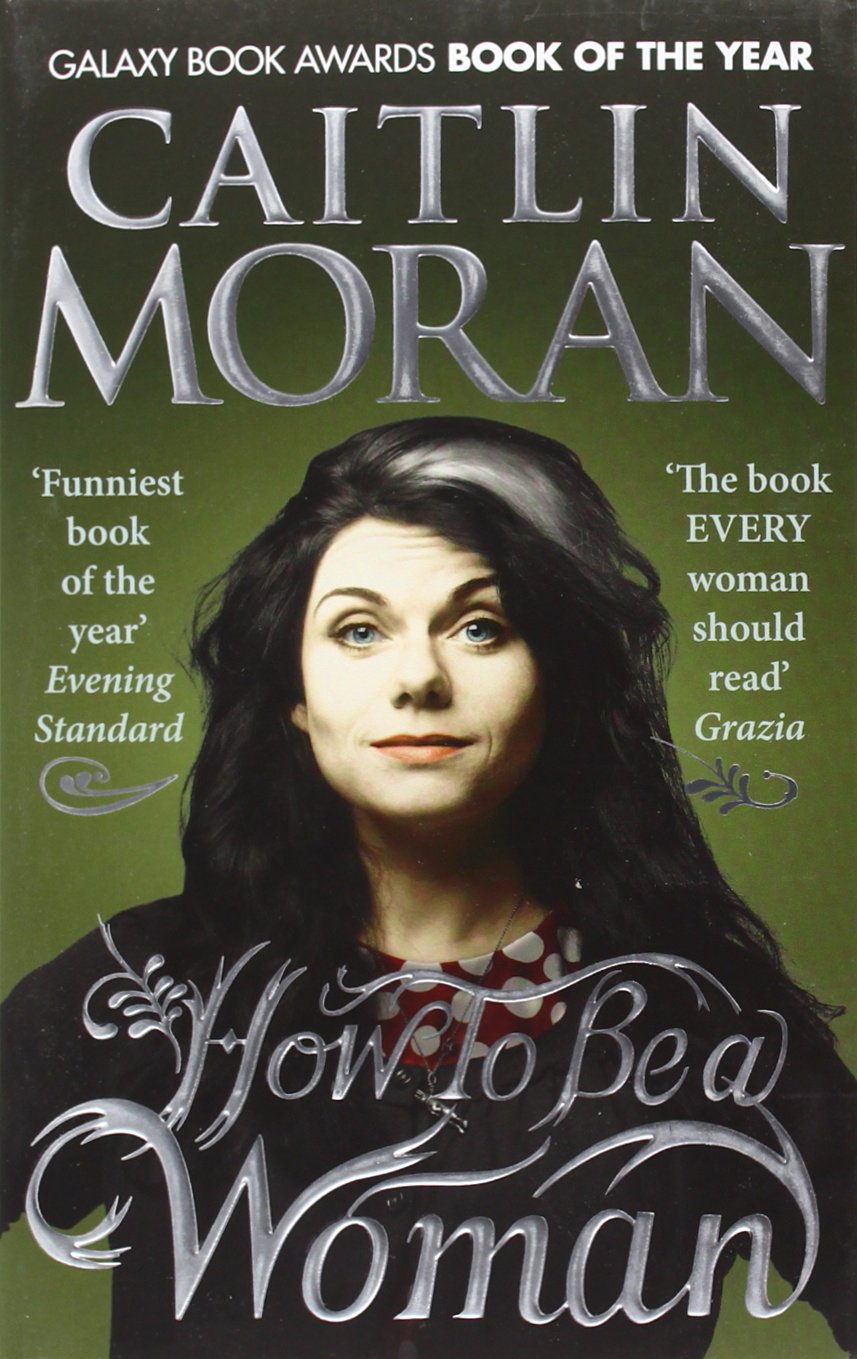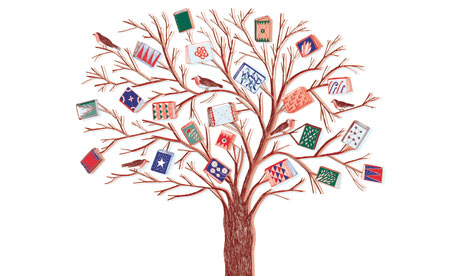I know, I know…it’s been a while. I have been away, although that usually means I read more books (but, then, perhaps that’s only where chick lit’s concerned). So, Madame Bovary? Yes, I have finally finished it. It’s taken an incredibly long time for a relatively short book and I’m not exactly sure who or what to blame. Yes, I have been rather lax and easily distracted, but simultaneously the book has done little to entice me to pick it up and has failed to sustain my attention when I have done.
 What is it about ‘classic’ novels that stipulates they only contain characters who are intrinsically boring or bad people? – and sometimes, shock horror, a person who has the unhappy misfortune to be both boring and bad – a very unappealing combination! I thought this was going to be a book with a carefully woven plot which cleverly and perceptively revealed the feelings of a woman who has chosen her husband badly and lived to regret it; and, on paper, I suppose that’s what this story is about, but I was bitterly disappointed by so many aspects of the book that the plot has been rendered unappealing by belonging to the same pages. Madame Bovary is – no, I won’t mince my words – an ignorant, vain, self obsessed monster of a woman. In fact, she gives women, wives and mothers a thoroughly bad name; and she was created by a man, I can’t help thinking that some woman must have made herself very repugnant to Flaubert to make him create such an abomination. She ponces around the small French towns that the story inhabits thinking only of herself – and, believe me, she has an unaccountably ‘puffed up’ opinion of herself, imagining that life has somehow tricked her out of living the life of a Duchess and robbed her of the beautiful, expensive possessions that she so covets – and eventually buys, at the expense of her baby’s booties. No, not even the birth of a healthy, happy daughter can draw this stubbornly selfish woman out of her own self-obsession. Gradually she is overcome with a seething, vengeful anger towards her somewhat simple, but basically honest and good husband. She sneers at him, blames him for not earning more money with which to buy her fine things and flings herself from one extra marital affair to another. I was both infuriated and angered by her in equal measure from the moment she appeared on the page.
What is it about ‘classic’ novels that stipulates they only contain characters who are intrinsically boring or bad people? – and sometimes, shock horror, a person who has the unhappy misfortune to be both boring and bad – a very unappealing combination! I thought this was going to be a book with a carefully woven plot which cleverly and perceptively revealed the feelings of a woman who has chosen her husband badly and lived to regret it; and, on paper, I suppose that’s what this story is about, but I was bitterly disappointed by so many aspects of the book that the plot has been rendered unappealing by belonging to the same pages. Madame Bovary is – no, I won’t mince my words – an ignorant, vain, self obsessed monster of a woman. In fact, she gives women, wives and mothers a thoroughly bad name; and she was created by a man, I can’t help thinking that some woman must have made herself very repugnant to Flaubert to make him create such an abomination. She ponces around the small French towns that the story inhabits thinking only of herself – and, believe me, she has an unaccountably ‘puffed up’ opinion of herself, imagining that life has somehow tricked her out of living the life of a Duchess and robbed her of the beautiful, expensive possessions that she so covets – and eventually buys, at the expense of her baby’s booties. No, not even the birth of a healthy, happy daughter can draw this stubbornly selfish woman out of her own self-obsession. Gradually she is overcome with a seething, vengeful anger towards her somewhat simple, but basically honest and good husband. She sneers at him, blames him for not earning more money with which to buy her fine things and flings herself from one extra marital affair to another. I was both infuriated and angered by her in equal measure from the moment she appeared on the page.
What of the novel’s plot and other characters though? Whilst certainly not inspiring such strong feelings as the eponymous heroine, they also are not what I would call ‘good people’. From Charles Bovary to Homais (the apothecary in the story) almost every character introduced seems completely self-absorbed and out to further their own cause. Charles, though not an overtly bad person, plods through his life never bothering to consider the world from anyone’s perspective but his own, he is also so easily persuaded to one course or another that at points you simply want to shake him and tell him to use his brain. Where plot is concerned, by another pen perhaps this could have been an engaging story, although perhaps never gripping. It is a simple tale about rural people and their ordinary lives, but there’s no shame in such a plot and, invariably, it is such simple settings and plots which are able to expose the magic of everyday life and the gems found amongst ‘ordinary’ people; but these rewards were not to be gleaned from Madame Bovary, well, not for me, anyway.
they also are not what I would call ‘good people’. From Charles Bovary to Homais (the apothecary in the story) almost every character introduced seems completely self-absorbed and out to further their own cause. Charles, though not an overtly bad person, plods through his life never bothering to consider the world from anyone’s perspective but his own, he is also so easily persuaded to one course or another that at points you simply want to shake him and tell him to use his brain. Where plot is concerned, by another pen perhaps this could have been an engaging story, although perhaps never gripping. It is a simple tale about rural people and their ordinary lives, but there’s no shame in such a plot and, invariably, it is such simple settings and plots which are able to expose the magic of everyday life and the gems found amongst ‘ordinary’ people; but these rewards were not to be gleaned from Madame Bovary, well, not for me, anyway.
 I would not recommend Madame Bovary, unlike The Five People You Meet in Heaven, it presents a very poor picture of humanity and, were one to consider it accurate, could become more than a little depressing. To put it simply…I think people are intrinsically better than this. And ‘classic’ books, well after the last two, I won’t deny I’m becoming a little despondent – maybe I should’ve stuck to Jane Austen and Tolkien after all? But I refuse to be so easily beaten, especially by the horrendous Emma Bovary. If people are better than this, then by that virtue, books should be too. My next book? A slightly more modern one for some variation…Possession: A Romance by A. S. Byatt. Fingers crossed for a woman to be proud of, it’s about time.
I would not recommend Madame Bovary, unlike The Five People You Meet in Heaven, it presents a very poor picture of humanity and, were one to consider it accurate, could become more than a little depressing. To put it simply…I think people are intrinsically better than this. And ‘classic’ books, well after the last two, I won’t deny I’m becoming a little despondent – maybe I should’ve stuck to Jane Austen and Tolkien after all? But I refuse to be so easily beaten, especially by the horrendous Emma Bovary. If people are better than this, then by that virtue, books should be too. My next book? A slightly more modern one for some variation…Possession: A Romance by A. S. Byatt. Fingers crossed for a woman to be proud of, it’s about time.
 Well, I’ve made a start on Possession, albeit a very slow one. I’ve found the book rather hard to ‘get into’, not helped of course by my being totally shattered after going back to full-time work.
Well, I’ve made a start on Possession, albeit a very slow one. I’ve found the book rather hard to ‘get into’, not helped of course by my being totally shattered after going back to full-time work.






















